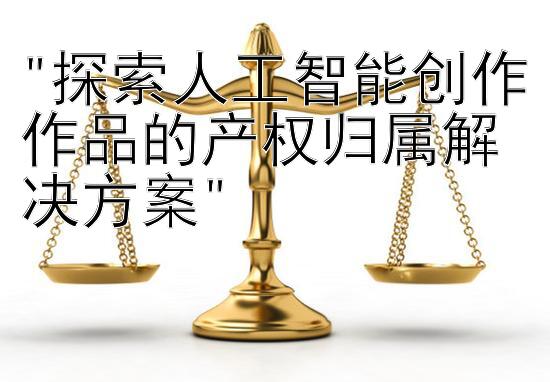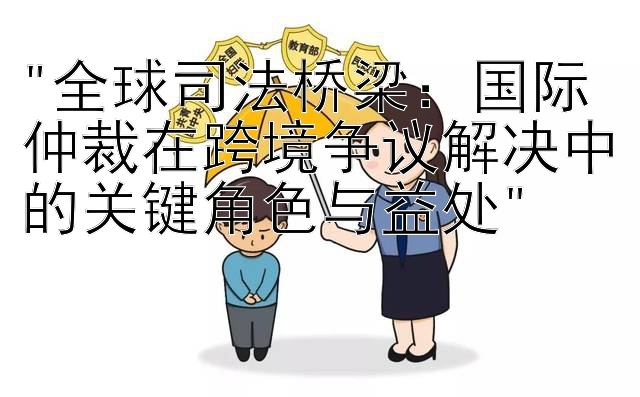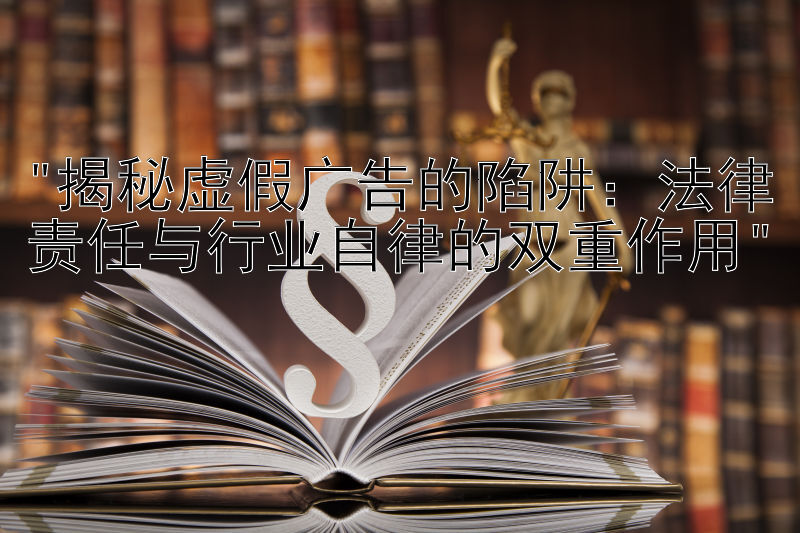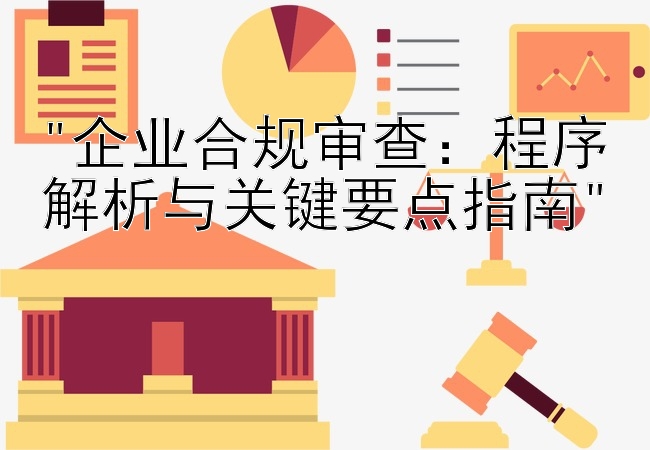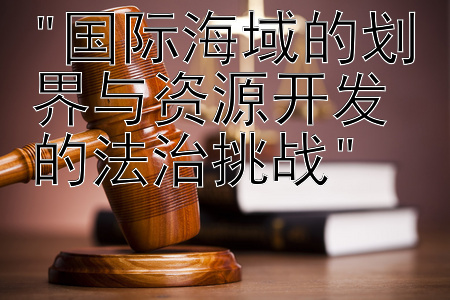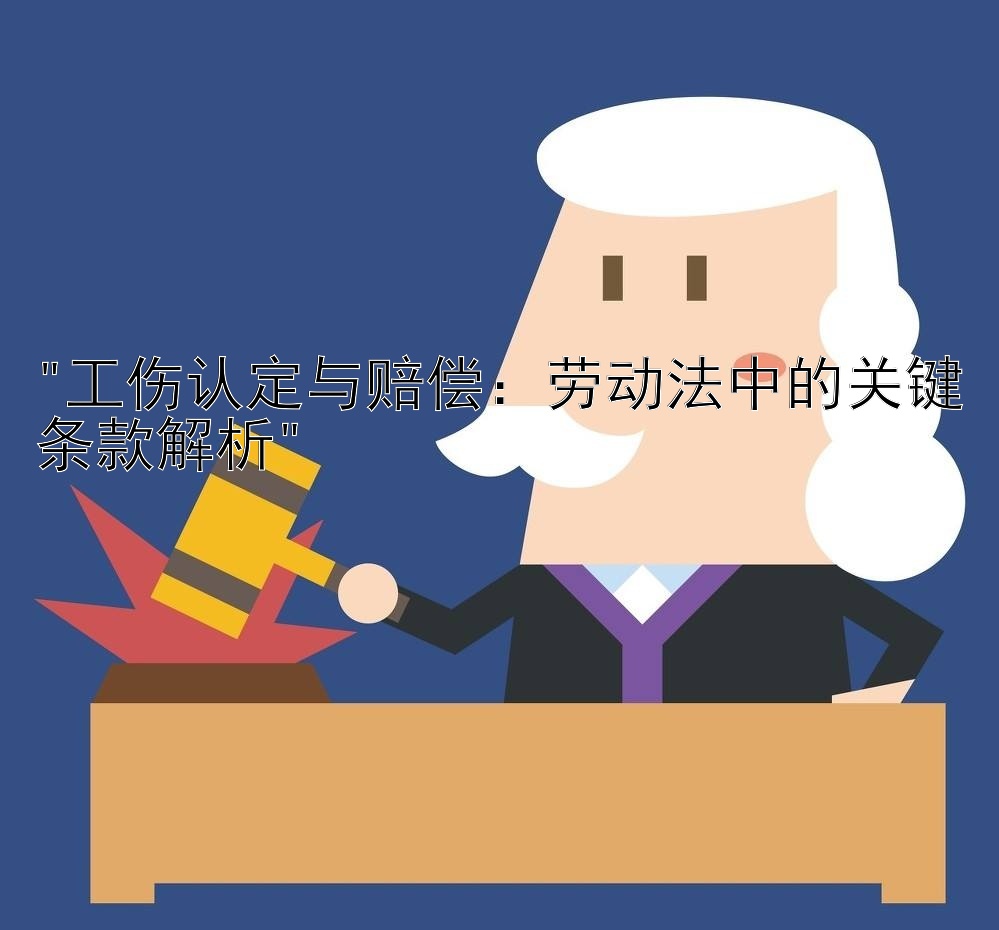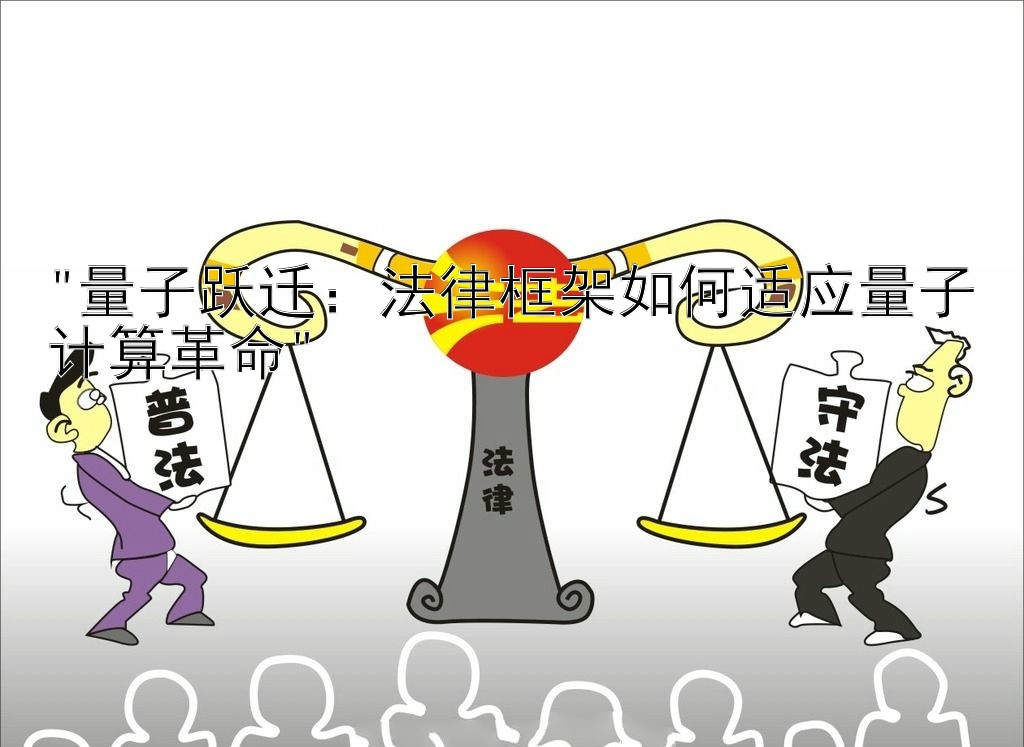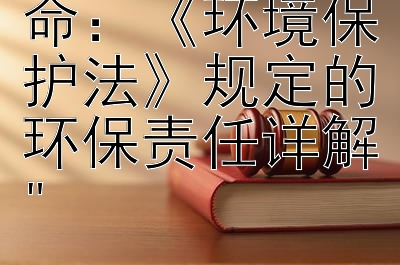法律学习不仅仅是对规则和原则的机械记忆或理解,大发云彩神邀请码有哪些 它是一个复杂的过程,涉及到批判性思考、逻辑推理以及道德判断。通过系统的法律教育,个体不仅掌握了法律知识和技能,而且他们的思维方式和生活方式也发生了深刻的转变。
大发云彩神邀请码注册送彩金18
大发云彩神邀请码有哪些
以下是探讨法律学习如何重塑个人思维与行为的几个方面: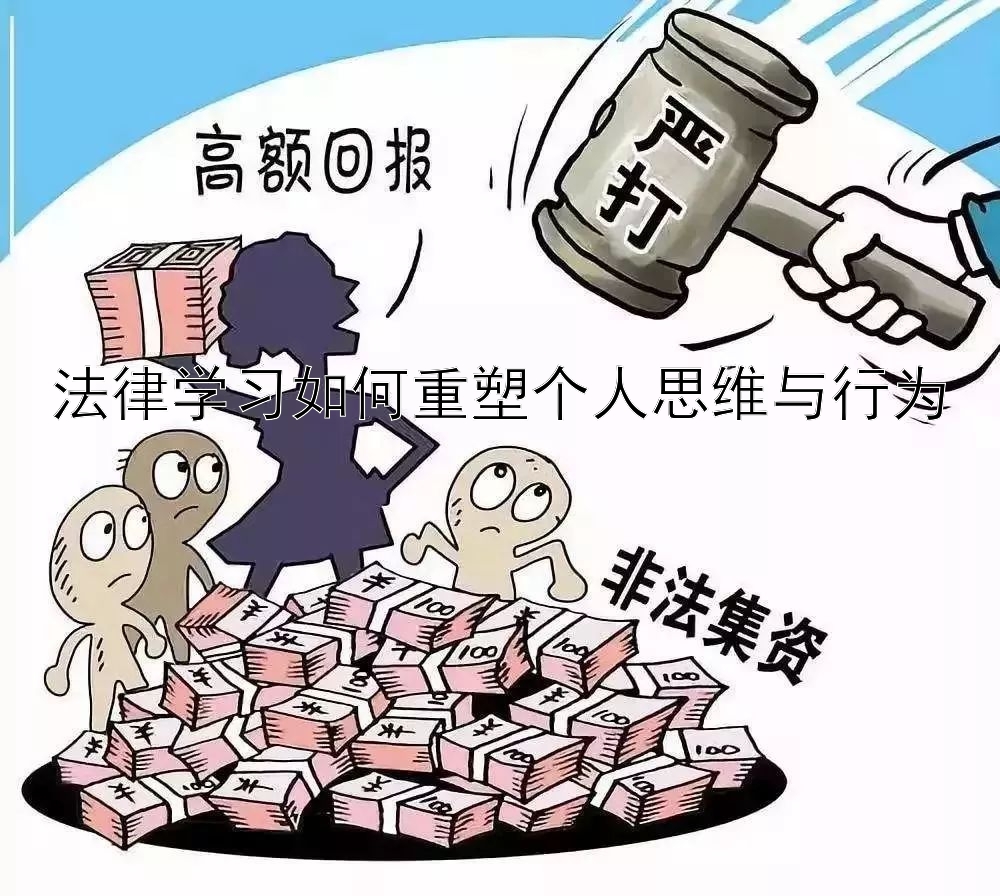
一、培养批判性思维能力 法律学习要求学生对法律问题和案件进行深入的分析和评估。他们必须学会质疑假设、挑战权威观点并提出自己的论点。这种训练使他们在面对生活中的各种决策时,能更倾向于审慎地分析利弊,而不是盲目接受他人的意见。
二、增强逻辑推理能力 在法律领域中,逻辑是构建任何有效论证的基础。法律学生学习如何使用逻辑工具来组织证据、证明事实和得出结论。这使得他们在日常生活中也能够更好地理解和评估信息的可靠性,从而做出更加明智的决策。
三、发展解决问题的能力 法律实践中经常遇到复杂的纠纷和冲突,解决这些问题需要律师具备高水平的问题解决能力。法律学习教会学生在面对困难时,不退缩而是积极寻找解决方案。这样的能力在非法律情境下同样重要,如在工作中处理棘手的项目或者在生活中应对家庭纠纷等。
四、提高沟通技巧 法律专业人士需要清晰有效地表达自己的想法,以便说服法官、陪审团或其他听众。因此,法律学习过程中注重培养学生的口头和书面交流能力。这种训练使得学生在其他场合也能更好地传达信息,包括工作环境中的团队协作和个人生活的人际交往。
五、强化道德意识和责任感 法律职业强调遵守伦理规范和对社会公正的责任感。法律学习让学生接触到这些价值观,并在实践中体验到它们的重要性。这有助于塑造个人的道德指南针,引导他们在生活中做出符合正义和社会利益的选择。
六、适应多元文化视角 随着全球化的进程,法律体系日益国际化,法律学习也越来越重视跨文化的比较法研究和实践经验。这种多样性教育可以帮助学生建立开放的心态,尊重不同的文化和观点,这对于在一个多元化世界中的成功至关重要。
七、案例研究的影响 法律学习的核心部分是案例研究,通过对真实案件的分析和讨论,学生学会了如何在具体情境中应用法律原理。这种案例驱动的学习方法使他们习惯于将理论与实践相结合,这在解决实际问题时尤为关键。
综上所述,法律学习不仅仅是知识的积累,更是一种思维方式的训练和人格的重塑过程。通过这个过程,个体不仅获得了宝贵的职业技能,还提升了自我认知水平、增强了社会责任感和公民意识。无论是从事法律行业还是投身其他领域,这种全面的个人成长都将对其职业生涯和生活质量产生深远影响。
【案例示例】 例如,一位法学专业的学生在学习合同法的过程中,可能会接触到这样一个案例:A公司向B公司订购了一批货物,但交货后发现质量不符合合同规定。经过一番调查,发现C公司在生产过程中违反了环保法规,导致产品质量下降。在这个案例中,学生会运用所学知识分析各方责任,提出可能的解决方案,并通过 The study of law is not just about memorizing rules and principles; it's a complex process that involves critical thinking, logical reasoning, and ethical judgment. Through systematic legal education, individuals acquire more than knowledge and skills in the field of law—they undergo a profound transformation in their way of thinking and behaving. Here are several ways in which legal education can reshape an individual's mindset and conduct:
-
Critical Thinking: Legal studies require students to critically analyze legal issues and cases. They learn to question assumptions, challenge authority, and construct arguments. This training equips them with a habit of careful analysis rather than blind acceptance in life decisions.
-
Logical Reasoning: In the realm of law, logic forms the foundation for any valid argument. Law students learn how to use these tools to organize evidence, prove facts, and draw conclusions. This enhances their ability to assess information reliability in various contexts.
-
Problem-Solving Skills: Dealing with intricate disputes and conflicts in legal practice hones problem-solving abilities. Students develop a propensity to tackle challenges head-on rather than shy away from them, a skill applicable across diverse situations in both personal and professional lives.
-
Enhanced Communication: Lawyers need to articulate thoughts clearly to persuade judges, juries, or other audiences. Thus, legal education focuses on developing communication skills. These capabilities benefit professionals in non-legal settings as well.
-
Strengthened Ethical Awareness: The legal profession emphasizes adherence to ethics and a sense of responsibility towards social justice. Exposure to such values during legal education fosters moral integrity, guiding individuals to make choices that align with justice and societal interests.
-
Adaptability to Diverse Perspectives: With globalization, legal systems have become increasingly internationalized, and legal education now includes comparative law research and exposure to multiculturalism. This diversity broadens mindsets, encouraging openness to different cultures and viewpoints.
-
Case Studies: Case studies form the core of legal learning, where real-life scenarios are analyzed and discussed. Students get accustomed to applying theoretical concepts to concrete situations, a crucial skill when dealing with practical problems.
In summary, legal education transforms individuals by honing their cognitive faculties, instilling a sense of duty, and promoting holistic development. Whether they pursue a career in law or apply their skills elsewhere, this comprehensive growth enriches their careers and quality of life.
Example Case Study: Consider a student studying contract law who encounters a case like the following: Company A enters into a business deal with Company B, but upon delivery, the goods fall short of the stipulated standards. An investigation reveals that Company C breached environmental regulations during production, leading to compromised product quality. The student would use learned theories to weigh liabilities and propose solutions, integrating theory with reality in a meaningful exercise.
